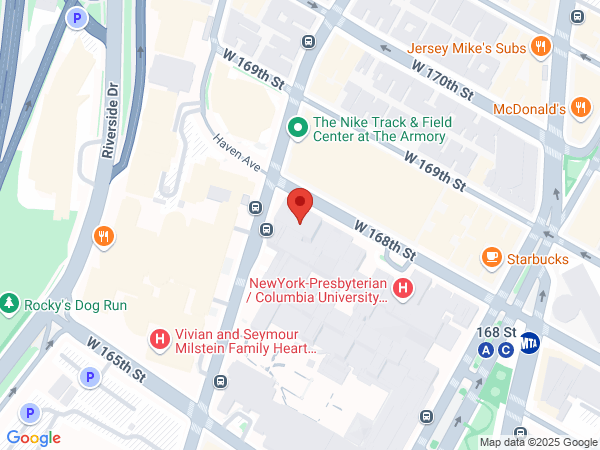Allergen and Bioaerosol Lab (BioAir)
Location and Contact Information
Principal Investigator
The BioAir Lab oversees collection of dust and air samples and measurement of allergens and other bioaerosols. It also oversees collection of serum and exhaled breath, as well as measurement of allergy and pollutant susceptibility-related biomarkers in these samples. The lab has facilities for filter preparation and extraction of dust and air samples for allergen measurement, as well as a range of dust and air collection equipment available for use in ongoing and pilot studies. The lab supports many population-based observational and intervention studies. The BioAir Lab also provides sampling, extraction, and analytical capabilities for measuring allergens in dust and airborne particulate matter samples, including those from cockroach, mouse, and dust mite. In addition, the lab refines commercially available assays for these proteins to increase sensitivity. The lab has also focused on assessment of fungi in environmental samples using nucleic acid-based detection methods and has helped characterize domestic fungal exposure in >1,000 homes in New York City (NYC). These methods are being used to assess fungal exposure in an ongoing large-scale intervention in NYC public housing. In addition, the BioAir Lab can analyze serum samples for IgE, IgG, and IgG4 antibodies for a wide range of proteins and can also customize assays for proteins that do not have commercially available assays. For example, the lab developed an assay for testing IgE and IgG antibodies to novel fungal allergens in the serum of asthmatic children based on fungi measured in home dust samples. The lab also focuses on measurement of serum biomarkers of susceptibility, such as club cell 16 (CC16), which is positively associated with lung function and inversely associated with modification of risk for airway inflammation with combustion byproduct exposure. The work of the BioAir Lab is directly in line with the Center for Environmental Health and Justice in Northern Manhattan's emphasis on environmental health and justice, as pest allergens and fungal exposures are key causes in the health disparities of asthma.

